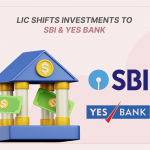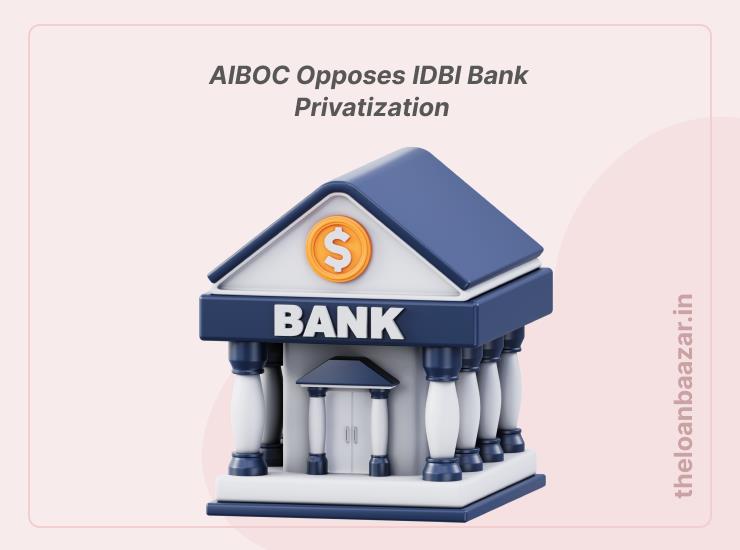The debate around the privatization of IDBI Bank has sparked strong reactions from bank officers across India. Recently, the All India Bank Officers’ Confederation (AIBOC) expressed its firm opposition to the move, raising concerns over the future of public sector banking, employee security, and the protection of public interest.
Why AIBOC Opposes IDBI Bank Privatization
AIBOC argues that privatization of IDBI Bank could:
- Undermine job security for thousands of employees.
- Shift the bank’s focus from public service to profit-making.
- Reduce accountability and transparency in financial operations.
- Risk the bank’s role in supporting government-led financial inclusion initiatives.
The union emphasizes that public sector banks (PSBs) play a crucial role in ensuring economic stability and social equity—goals that may be compromised under private ownership.
The Government’s Privatization Agenda
The Government of India has been pushing forward with its disinvestment and privatization plans to attract private investment and reduce fiscal burdens. IDBI Bank, which has both LIC and government stakes, has been one of the key candidates for strategic sale.
While the government sees privatization as a step toward efficiency and competitiveness, unions like AIBOC argue that the social responsibilities of PSBs cannot be left to private interests alone.
Implications for Employees and Customers
For employees, privatization raises concerns over:
- Job security and possible layoffs.
- Changes in service conditions and benefits.
- Loss of collective bargaining power.
For customers, privatization may lead to:
- Higher focus on profit-oriented products.
- Reduced emphasis on rural banking and financial inclusion programs.
- Potential rise in service charges and lending rates.
The Larger Debate: Public vs. Private Banking
The resistance from AIBOC highlights a larger debate in India’s banking sector—should banking remain a tool of public welfare, or should it operate primarily under market-driven motives?
While private ownership often brings innovation and efficiency, critics warn that banking in India is not just a business—it is a pillar of social development and economic equality.
Conclusion
The opposition from AIBOC adds another chapter to the ongoing debate about privatization in India’s banking sector. As the government moves ahead with its disinvestment policies, the voices of unions, employees, and customers will play a crucial role in shaping the future of IDBI Bank and other PSBs.













